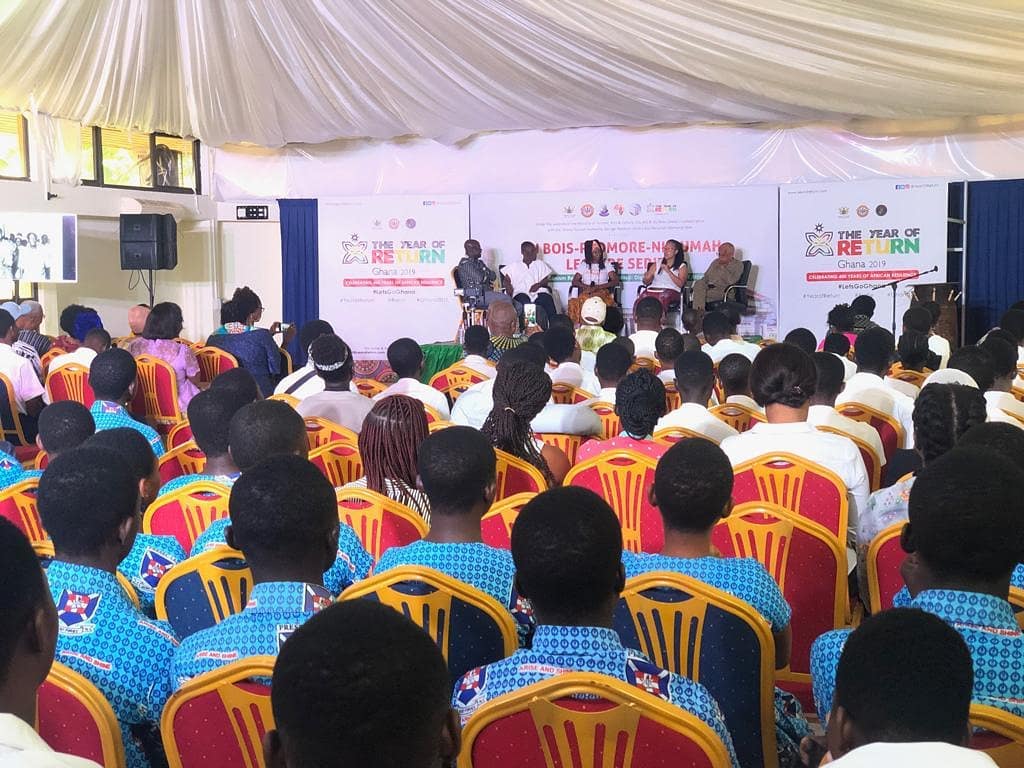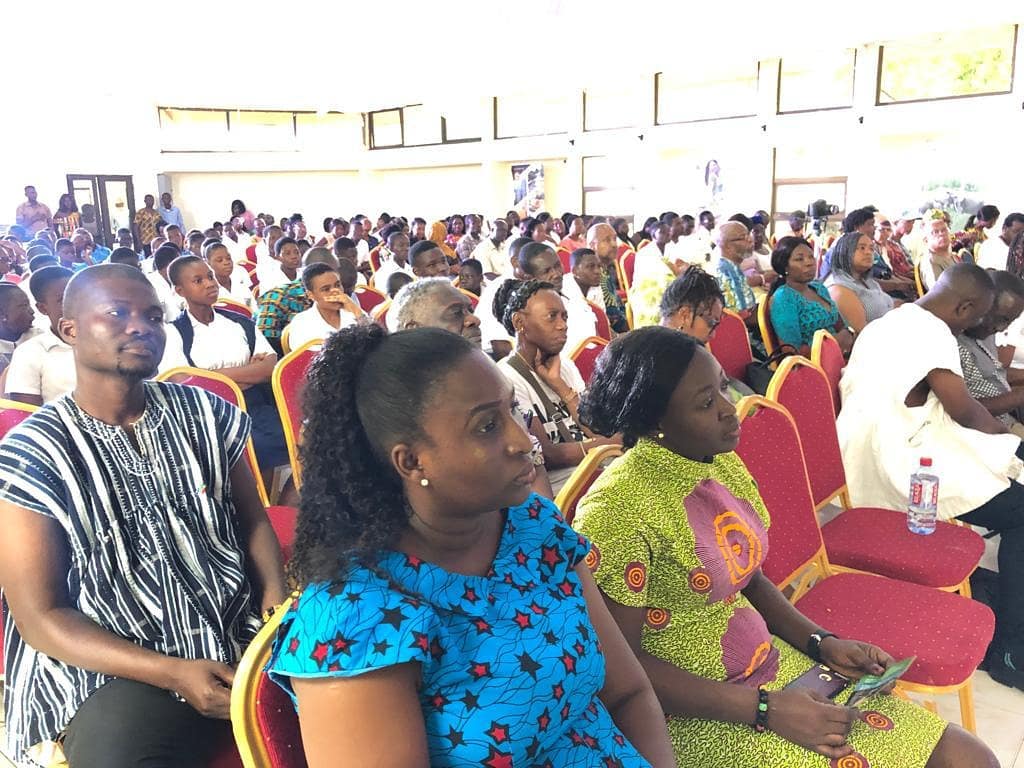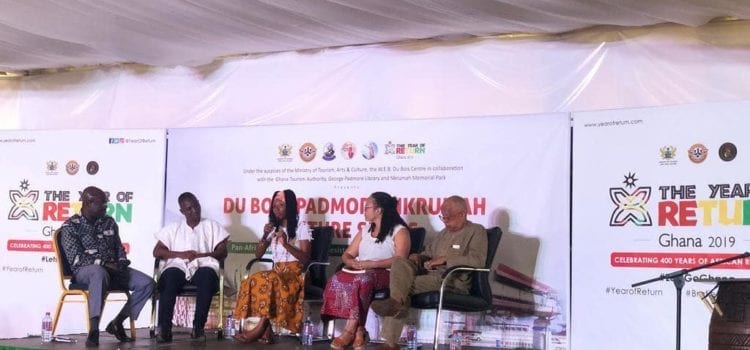By Hafsa Obeng, GNA
Accra, Sept. 20, GNA – The Ministry of Tourism, Arts and Culture and the Du Bois Centre in collaboration with the Ghana Tourism Authority has held the Du Bois-Padmore-Nkrumah lecture series in commemoration of the “Year of Return”.

The annual event, which was also in collaboration with the George Padmore Library and the Kwame Nkrumah Memorial Park, was to mark the achievement of political heroes who helped in the struggle against colonisation.
The lecture on the theme “Pan Africanism, reflections on resistance; dignity in the face of atrocity”, is also to commemorate the death as well as celebrate the achievements of political activists across the African continent.

Dr Ziblim Bari Iddi, Deputy Minister of Tourism, Arts and Culture, said the Ministry considered this year’s lecture as special because it coincided with the “Year of Return”, which was a flagship programme of the Ministry.
He said over the years the lecture had created an international platform for intellectual discourse on insightful selected topics to advance the promotion of Pan-African independence.

Dr Bari Iddi said the broad base Pan African ideology and movement could be considered as one of the universally organised sustained forms of black resistance that was established to counteract the European control, dominance and exploitation of black people.
He said the movement begun originally as a reaction of the Negro world against centuries of domination and humiliation by the white race. It was also an intellectual and political movement to liberate Africa from colonialism, establish a cultural union between Africa and their counterparts in the diaspora.
The Deputy Minister said Pan Africanism as described by researchers was a concept that stressed spiritual unity of black people upholding their right to self-determination and the need to be treated with dignity as the equals of the other races in all parts of the world.
He noted that human dignity was considered as sacrosanct because it was the main philosophical foundation of human rights as expressed in the charter of the United Nations, the united declaration of human rights and many other documents.
“The concept of human dignity is meant to distinguish human beings from other related species, animals and underlines the uniqueness of human beings among all creatures. We have free will, individual autonomy and capability of independent decision making, based on reasoning and free moral choice.”
He mentioned that “it is rather unfortunate that after we have fought for our freedom from colonial rule, Africans are still engaging in practices that violate human dignity, which includes torture, rape, social exclusion, labour exploitation, bonded labour, kidnapping among others.”
Dr Bari Iddi however assured of government’s commitment in ensuring that those who engage in such practices were severely punished, expressing the hope that participants after the lecture would be well informed and enlightened to contribute their individual and collective effort to bring positive change in their societies.
Mr Akwasi Awua Ababio, Director of Diaspora Affairs, Office of the President, said on the tripod of Dubois, Padmore and Nkrumah sat the fundamental belief in the whole concept of Pan Africanism as well as the responsibility owed the nation towards the African community as a whole in making sure that Pan Africanism lived to give us the dignity that we search for.
“It is a recognisable fact that we have recognised the need to give ourselves that dignity that we really deserve, but we have to do all the things that we have to do, and invite all lost ancestors, lost through slavery and civilization.”
Reverend Reuben Kwasi Kwadzofio, Director, W. E. B Du Bois Centre, said Pan Africanism emerged at the end of the 19th century as an idea and later served as a tool of resistance to slavery, imperialism, colonialism, and racism.
He said it was important to note that pan Africanism was not just a mere idea of onset of philosophy or ideology, but a formidable force and indomitable spirit that united and gave people of African descent, identity, fortitude and vision.


 Call Center
Call Center
